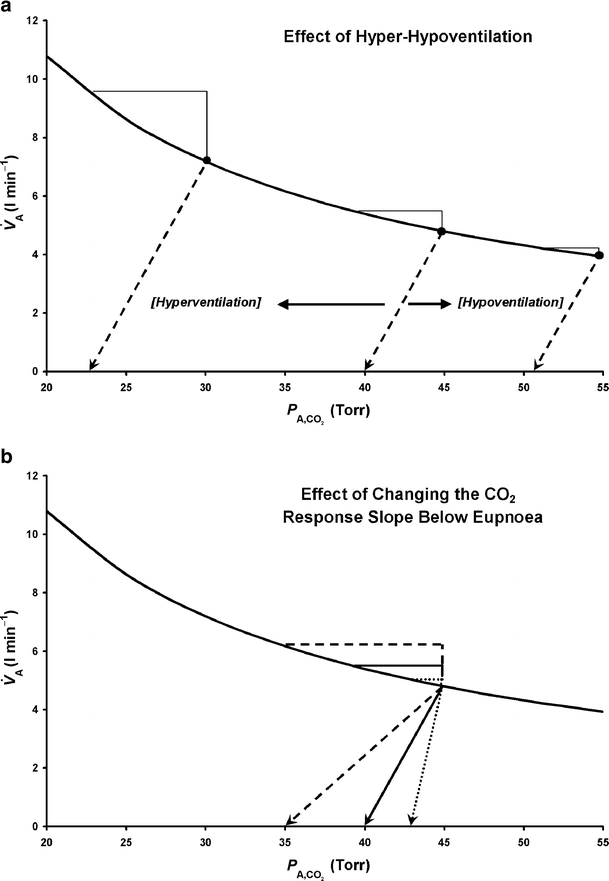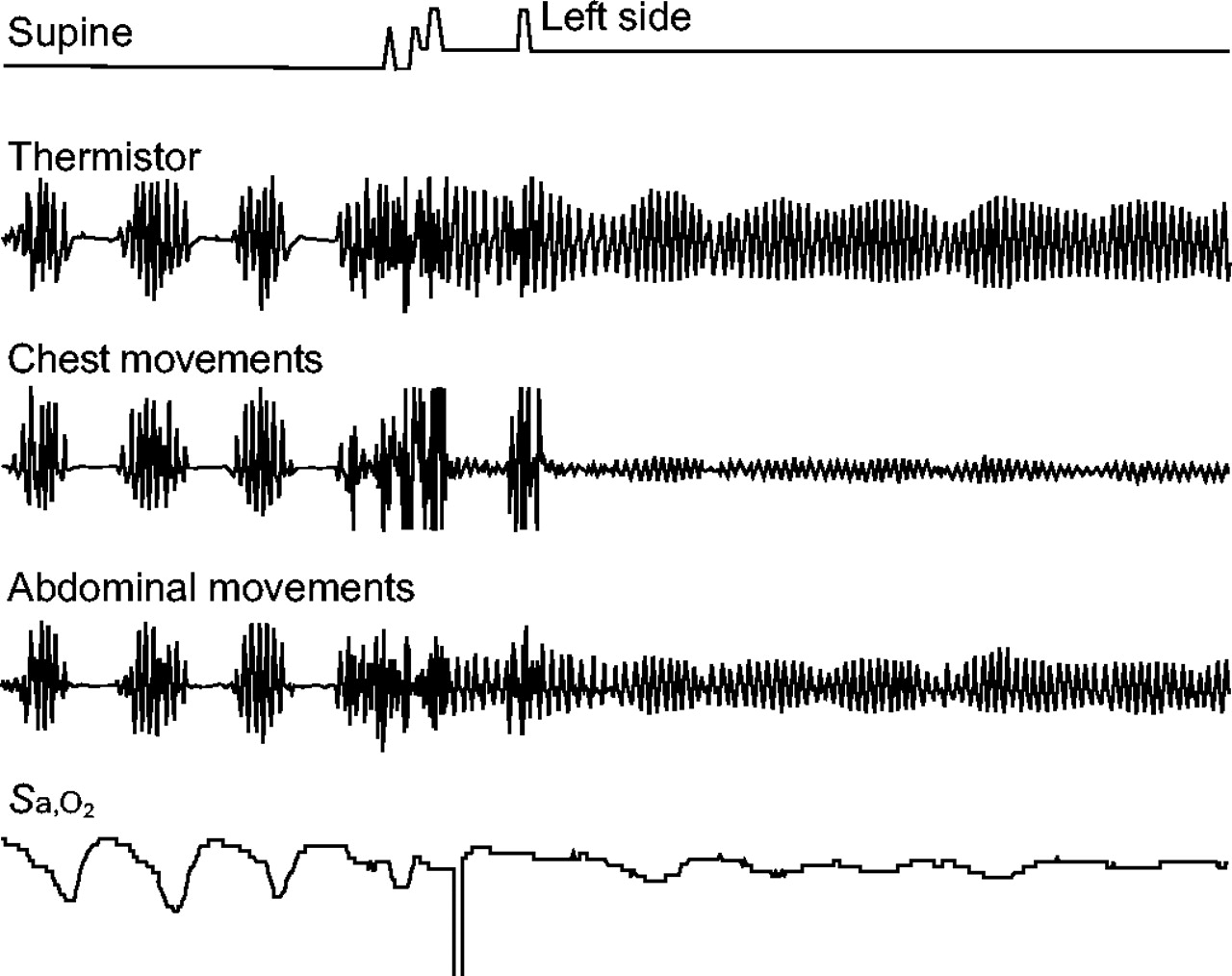I fall asleep on my left side, legs slightly bent - but when I wake, I'm all bent, twisted. contorted sometimes all up in a knot, especially when I'm stressed.
I wish, however, to fall and maintain sleep flat on my back legs stretched wide. It seems the healthiest, especially for overall circulation.
It sounds crazy, but If I can sometimes maintain the flat-on-my-back atleast for awhile, it feels as thought overall circulation is flowing, and get this: It's like connective tissues are forming or some overall healing that wants to happen - but gets stopped short because I can't "maintain" being flat.
Could someone explain this - and perhaps show me how I could stay flat?
I wish, however, to fall and maintain sleep flat on my back legs stretched wide. It seems the healthiest, especially for overall circulation.
It sounds crazy, but If I can sometimes maintain the flat-on-my-back atleast for awhile, it feels as thought overall circulation is flowing, and get this: It's like connective tissues are forming or some overall healing that wants to happen - but gets stopped short because I can't "maintain" being flat.
Could someone explain this - and perhaps show me how I could stay flat?




